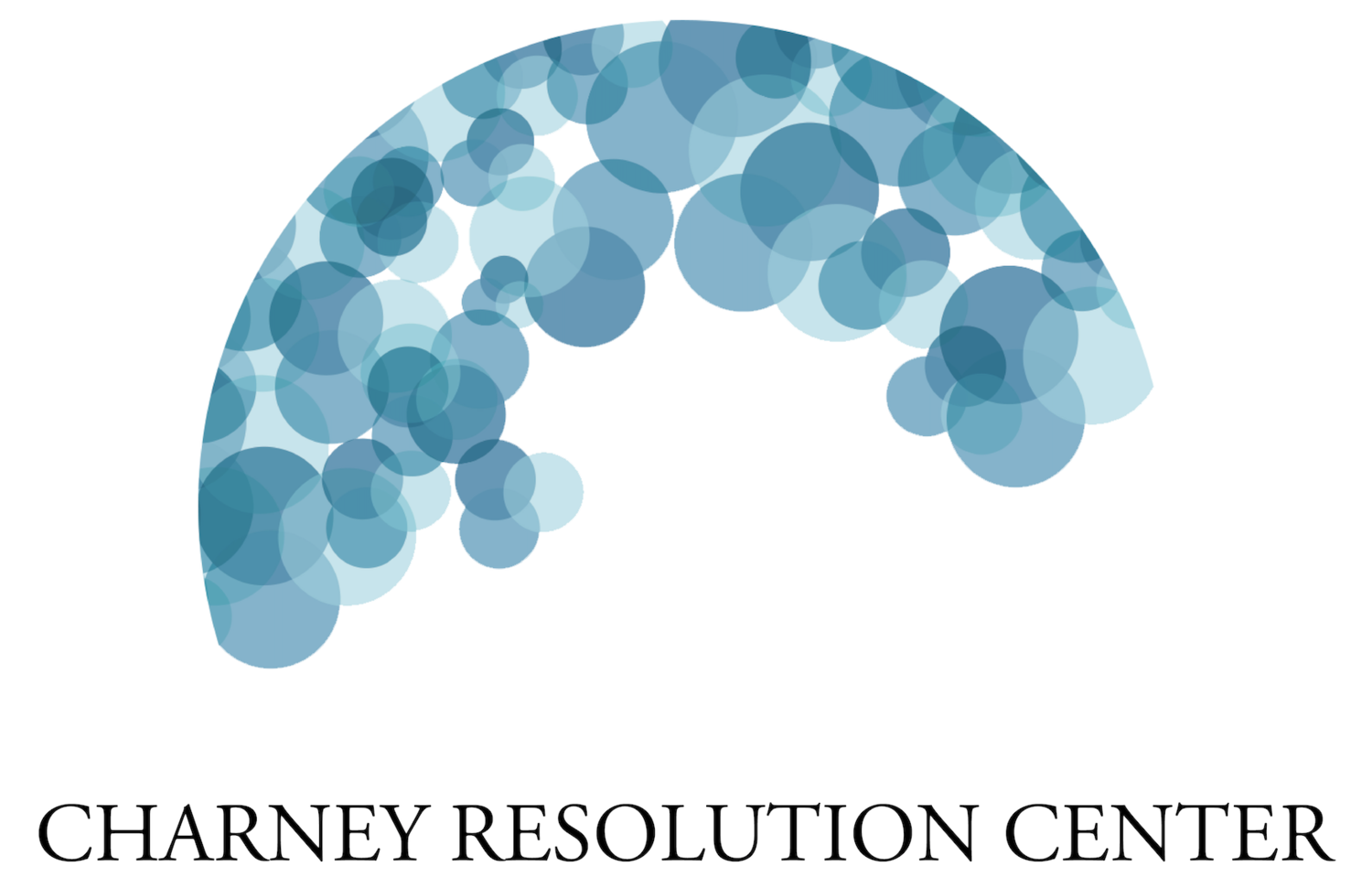Diplomacy among nations is practiced on a daily, if not hourly, rate in world affairs. Successful negotiation, therefore, is a commonplace phenomenon. Some agreements, however, stand apart from others by virtue of the material exchanges involved. The Camp David Accords, for which Leon Charney played a critical role, remains the gold standard of negotiated settlements. Israel exchanged the large and buffering Sinai Desert for diplomatic recognition and a workable peace agreement. Egypt’s sacrifices in the Camp David Accords were also significant, including the loss of its membership in the Arab League.
On the surface, the Israel-UAE and Israel-Bahrain accords, which were concluded within days of one another, do not appear to rise to top-tier status among negotiated settlements. No land was exchanged, as in its agreement with Egypt, nor are there any special rights or privileges granted to the Arab states, as was the case with Israel’s peace accord with Jordan in 1994.
While tangible material exchanges, such as land or specific rights, may be important components of a deal, the two agreements reached this month include something more valuable: recognition. Diplomatic recognition is more than nations agreeing to exchange ambassadors, it is an important indicator of survival. Since 1500, more than 90% of non-recognized entities disappeared when they were conquered and consumed by a more powerful neighbor. During that same time frame, only 4% of recognized states have disappeared.
The United Arab Emirates and Bahrain are now the third and fourth Arab states to recognize the State of Israel. When Turkey, a non-Arab state, is added to the list it totals five Middle East countries that have established formal relations with Israel. As much of the region since 1948 has sought to delegitimize the Jewish state, the tide is increasingly turning in Israel’s favor. While Israel’s military capacity is often cited as the reason for its survival, through diplomatic settlements the state of Israel is solidifying its legitimate place in the community of nations.
Jeffrey S. Morton,
Fellow, Foreign Policy Association
Director, Leon Charney Diplomacy Program

